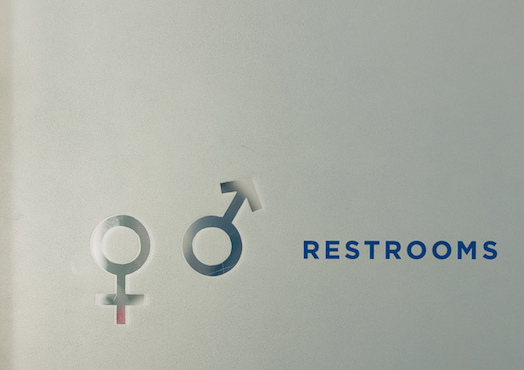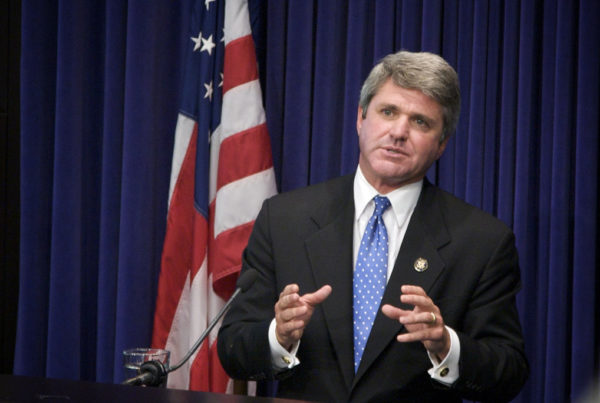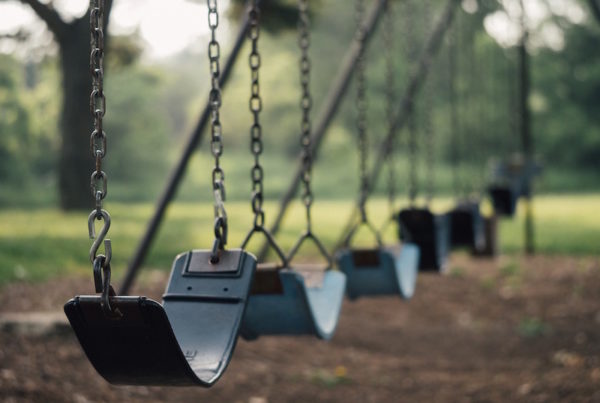The debate over “bathroom bills” – laws that prohibit people who identify as transgender from using the bathroom of their choice – is on the books for the upcoming legislative session.
Lt. Gov. Dan Patrick has said he’s making it a top priority; House Speaker Rep. Joe Straus (R-San Antonio), on the other hand, said it “isn’t the most urgent concern.” Joining the debate are business leaders across the Lone Star State. Tuesday some of those involved released a study that examined the potential economic impact of such legislation.
Chris Wallace, President of the Texas Association of Business, was part of that report. He says Texas is at risk of losing upwards of $8.5 billion in gross domestic product annually if bills like the “Women’s Privacy Act” were to pass.
“We stand the most to lose because of our economic footprint,” Wallace says. “This is very dangerous territory for us.”
Faculty and two MBA classes at St. Edward’s University in Austin conducted the study. They looked at economic data from other states. Then, Wallace’s group added more information from states with bathroom laws, like North Carolina.
“If you look just no further than North Carolina in terms of what the economic fallout has been there from HB2 – $630 million already, with more losses expected unless that law is repealed,” Wallace says. “You take our economy in Texas, which is three times the size of North Carolina’s economy. So, the proposed Senate Bill 92 could have negative impacts on our economy.”
Wallace says the loss would come from a number of factors, including declines in the travel and tourism industry, reduced competitiveness for relocations or expansions of businesses, and – most important to the state chamber – reduced ability to attract new talent.
“That is the basis why we as the state chamber are involved in this issue,” Wallace says. “We do not want to tie the hands of our businesses in this great state from recruiting and retaining talent.”
He says small businesses would be hit hardest.
“Why would we want to take a state that is thriving in terms of corporate relocations, corporate expansions, small businesses – which feed off of these types of projects – why would we want to pass legislation or even propose legislation that could potentially harm our state in terms of any economic downturn,” Wallace says.
He says the legislature’s proposed bathroom bill is unnecessary.
“There are laws on the books today that protect any sort of unfortunate issues,” Wallace says. “It seems to me that we’re trying to legislate what’s already there.”
Post by Sunny Sone.















